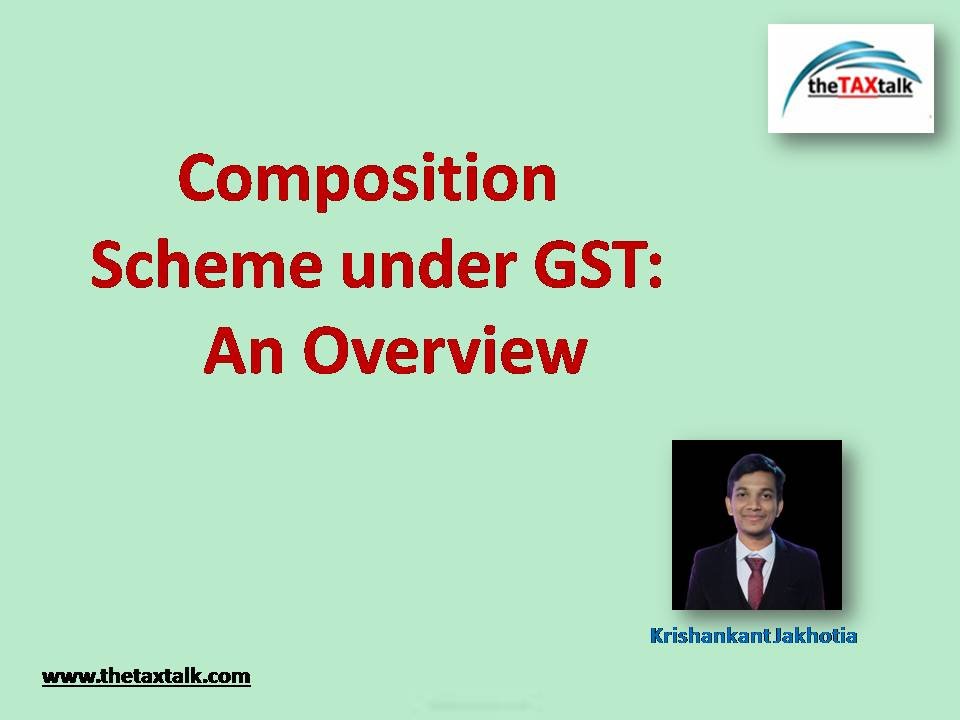![]()
Tax planning through Hindu Undivided Family (HUF)
[Query 1]
- Often it is discussed that HUF can be a tax planning tool? Can please guide as to the tax benefit? How can an HUF be formed?
- Can I set off my share of loss in the partnership firm against my income from a proprietary business? Whether payment of salary & interest by partnership firm is compulsory even if there is a loss in the partnership firm?
Opinion:
About Hindu Undivided Family (HUF):
The concept of HUF originates from Hindu Law. HUF means a family which consists of all persons lineally descended from a common ancestor and includes their wives and daughters. An HUF cannot be created under a contract; it is created automatically in a Hindu Family. Jain, Buddhist and Sikh families can also have HUFs.
Hindu Undivided Family is treated as a ‘person’ under section 2(31)of the Income-tax Act, 1961. It is an altogether separate & distinct tax entity under the Income-tax Act, 1961. With HUF, one can maximize the tax benefits. Few of the tax benefit of having an HUF can be summarized as under:
- Income tax benefits
An HUF is a separate entity from a legal point of view. HUF has its separate PAN card and enjoys the separate exemption, deduction & limit. Being a separate entity, the HUF enjoys a basic tax exemption of Rs 2.50 lakh. - Separate Business:
An HUF can run its own business to generate income. It can also invest in shares, Mutual Funds & insurance products. - Owning a house:
Under current income tax laws, if anyone owns more than one self-occupied property then only one of the house property can be claimed as a self-occupied property & other house properties are ‘deemed to be let out’ and owners have to pay tax on notional rent. HUF can also own a residential house which may result in avoidance of tax on notional income. In addition to this, HUF can also avail of a Home Loan to purchase a residential property and get tax benefits up to Rs 1.50 lakh u/s 80C of the Income Tax Act for loan repayment and up to Rs 2 lakh for interest thereon. - Life Insurance:
The tax free label attached to the regular life insurance policies as well as ULIP policies has been curtailed in the last 3 years. Anyone paying an insurance premium of an amount exceeding Rs. 2.50 Lakh towards ULIP Policies and Rs. 5 Lakh towards other policies on an annual basis (for policies issued after a certain date) will not enjoy the tax free status. This limit is Rs. 5 Lakh or Rs. 2.50 Lakh will be separately reckoned for HUF. Above are some of the illustrative benefits of having an HUF.
How to create the HUF?
Unlike a partnership firm which is created by executing the partnership deed or a company which is created by registering it with the registrar of Companies, HUF is not a creation of law. HUF doesn’t come into existence by agreement or by any contract. If there is a family consisting of more than one member with at least one coparcener, HUF can be said to be in existence in such a case. The real question which one wants to know is how the HUF can have the corpus (capital) of the HUF & can be used as a tax planning tool for income tax law.
There are various modes of having the corpus in the HUF, as under:
- Creation of HUF by way of Gifts
- Inheritance through a specific bequest under a will
- By doing joint labour for the benefit of HUF
- Partition of a larger HUF.
- Creation of HUF by reunion of separated coparceners
- Bringing individual property to the common family kitty.
The easiest way to have the corpus of the HUF could be by way of accepting the Gift. This is one of the most common ways of ensuring the income tax file of the HUF as well.
Loss in Partnership Firm:
- Even though the loss in the partnership firm is debited to the partner’s capital account, Share of loss from a partnership firm cannot be set off against other individual income of the partners. Loss of the partnership firm can be set off against income of partnership firm only.
- Payment of salary and interest to the partner is governed by the clauses incorporated in the partnership deed. There is a restriction in the Income Tax Act- 1961 for the maximum amount which can be paid by the firm to the partners. There is no such stipulation in the Income Tax Act-1961 for the payment of the minimum amount.
- If the partnership deed provides for the payment of interest and remuneration to the partner irrespective of the profit or loss in the firm then the payment/provision would be compulsory.
- As a tax planning measure, it is advisable to draft the partnership deed in such a way that the amount of interest & remuneration can be restricted or curtailed if there is a loss in the partnership firm or if the profit is low.
[Readers may forward their feedback & queries at nareshjakhotia@gmail.com. Other articles & response to queries are available at www.theTAXtalk.com]




